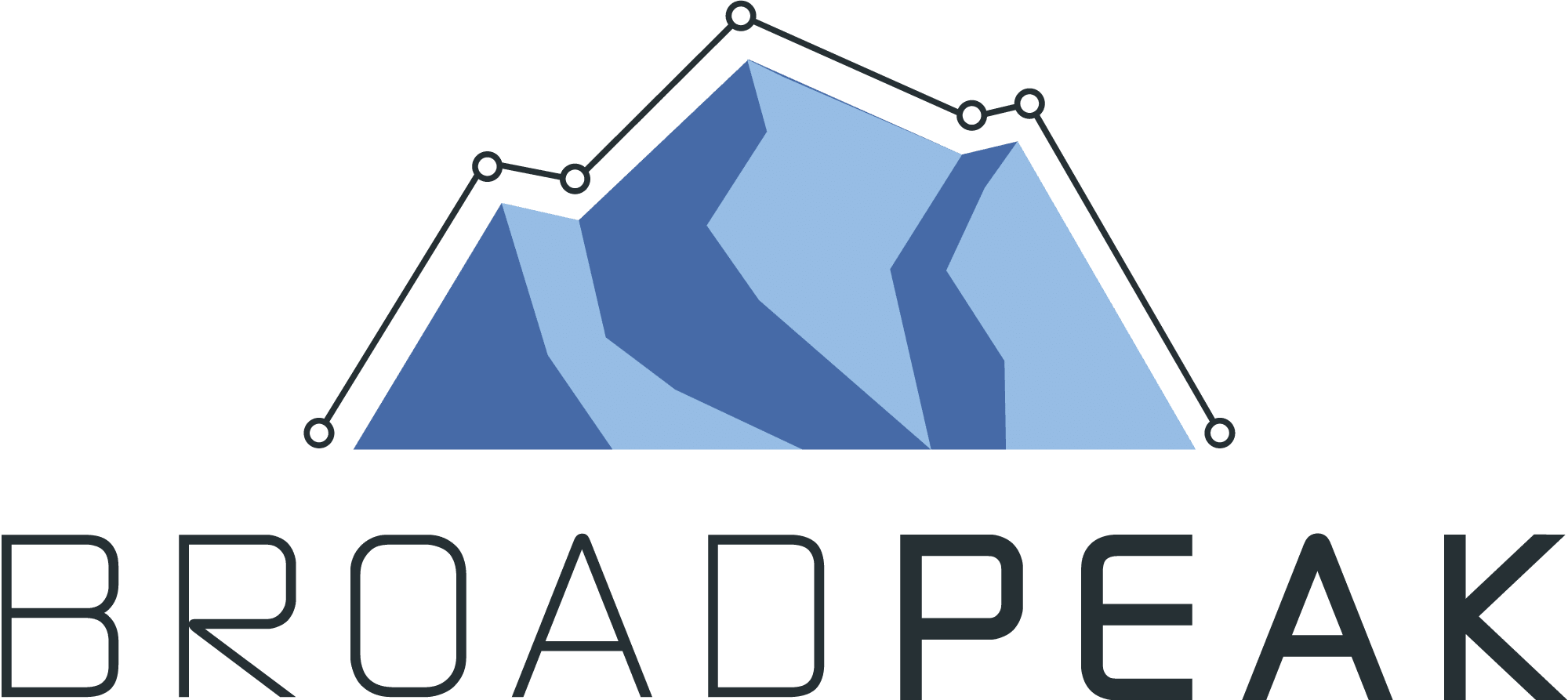SBSR is coming. Securities swaps are about to be reportable to the SEC. There is just no stopping it now. Archegos pretty much guarantees SBSR as an administrative priority.
So what is SBSR SEC Reporting?
SBSR is “Securities Based Swaps Reporting.” It’s a final remnant of the Dodd-Frank legislation. Remember the 2007 financial collapse? Well, Dodd-Frank and the G20 agreements have OTC transactions getting reported to federal agencies like the CFTC.
Why so late? It’s a long story, but swaps are generally under the jurisdiction of the CFTC. Securities are under the jurisdiction of the SEC. So there was a fair amount of leg work involved in figuring out who is responsible.
There were also six years worth of cross-border wrangling. Long story short, securities based swaps reporting is under the SEC and moving forward now for end of year go-live.
Is This Different From OATS, CAT, Bluebook?
Entirely different. K3 reports to all of these destinations. But SBSR is an entirely new reporting destination / target.
That’s right. If you are on the delta one desk, the underlying activity is reported over to OATS/CAT and the swaps have to be reported over to the new SBSR repositories. Our take is that swaps reporting to the SDRs is not as heavy a lift as reporting to OATS. A lot turns on the particular SDR.
But the whole thing is do-able with the right planning, tools and execution. Our experience with SDRs and other swaps reporting regimes strongly suggests that being an early mover has advantages.
Where Can We Report Transactions?
Currently there are only two repositories applying for SBSR repository status: ICE and DTCC. DTCC is applying for all asset classes: equity, credit, and interest rate. Whereas ICE is only applying for credit derivatives. K3 connects to all repositories including ICE and DTCC. Check this page for updates.
What is The Go Live Date?
The current go live date is October 1, 2021. Normally we would expect some delays. The repositories only started their registration. But the Archegos implosion virtually guarantees this will be a priority of the Gensler administration. Check this page for updates.
Who Needs to Report?
This deserves some caution. Just one swap can trigger some obligations under the rule. If you deal in securities based swaps, this is the time to get some sage advice from your local securities attorneys.
In general there is a hierarchy outlined in section 901a of the rule. It follows a similar hierarchy as other swaps based regimes: Swaps dealers report first, then major swaps participants. Use caution here because just one swap can trigger obligations under the rule. (Again, a discussion with your securities attorney is warranted here).
There is an opportunity for some complexity when including clearing entities, entities that may not be US entities, or both.
Can I Get Someone Else to Report for Me?
Yes. If you are trading security swaps then you know your bank is probably at least a Securities Based Swaps Dealer (SBSD). Transaction reporting is going to fall on the Swaps Dealers.
However, our experience with swaps reporting is that one should ALWAYS have a back door to the repository. It’s exceptionally important to create a basic relationship with one of the repositories and have the means to report a swap in the off chance that your prime fails to deliver. There really is no escaping the obligation.
The setup is very straightforward, and even running a cloud instance of K3 can take the swap in ANY format and convert it to the repository standard.
What Are They Going to Do With All This Data?
They (the Swaps Data Repositories) are going to anonymize it and publish it. What is interesting is that in many cases this is going to be done pretty close to real time. There are lots of interesting angles here, but transparency is the overall objective.
Back Up. What is a Securities Swap Again?
A securities swap is usually a fixed for float swap on the price of a security or security index. It’s a very useful tool for managing portfolios.
Say for instance you wanted an ultra long FANG ETF paying 3x. It’s just incredibly easier to manage this using securities swaps. A bank manages the middle piece on its delta one desk by buying and holding the underlying stock and writing the swap.
Swaps are also useful for hedge funds that are not keen about publicly disclosing their positions on the 13d report. We are not sure what Archegos’ real reason is for using securities swaps over the direct securities themselves. There is some suspicion they were playing a bit of hide and seek. We will learn more in the coming weeks.
Suffice to say, the SEC knows and has known that securities swaps are a blind spot for them, which makes a delay on SBSR very unlikely.
All of This Sounds Like Bad News?
It’s not. Years of swaps reporting on the CFTC side has done several things. Solutions like K3 have streamlined the reporting process leaps and bounds from the early days of transaction reporting. Price competition has significantly pushed the price of reporting downward. Orchestration and process efficiencies in K3 have likewise reduced the overall operating cost.
Even if you plan to build in house we highly recommend looking at K3 to help refactor your internal process. We can help improve your process through K3 orchestration, data transformation and streaming pipelines. Give us a call.



